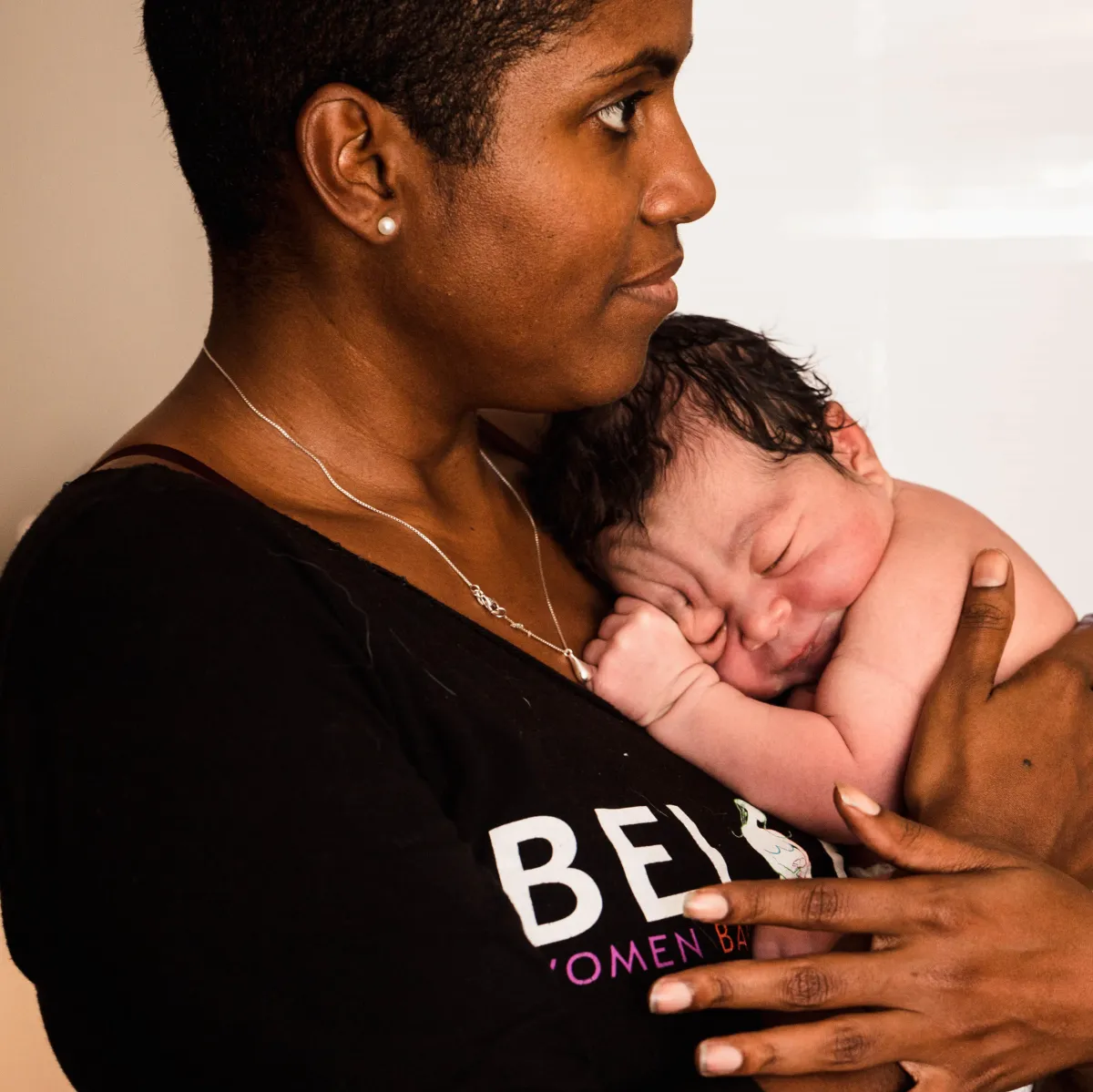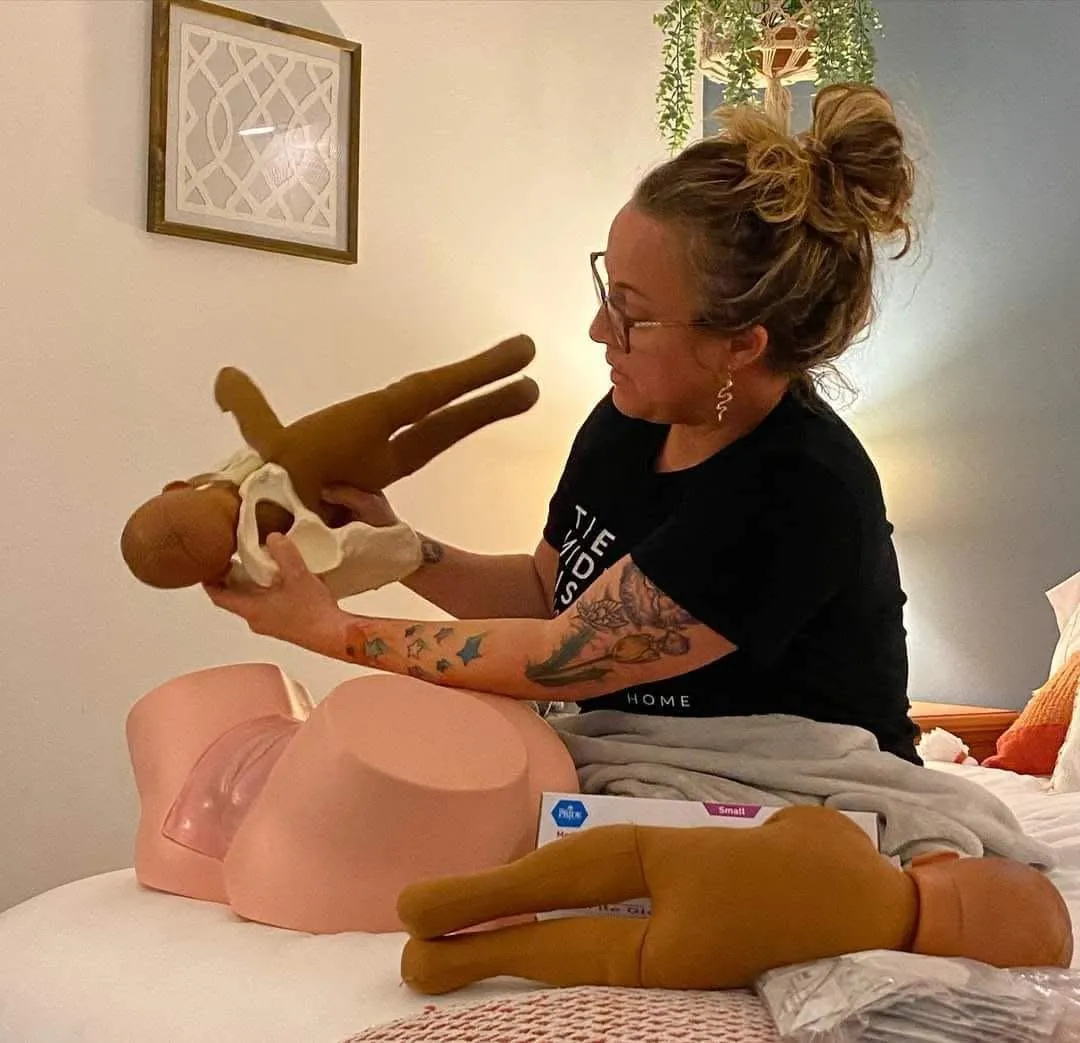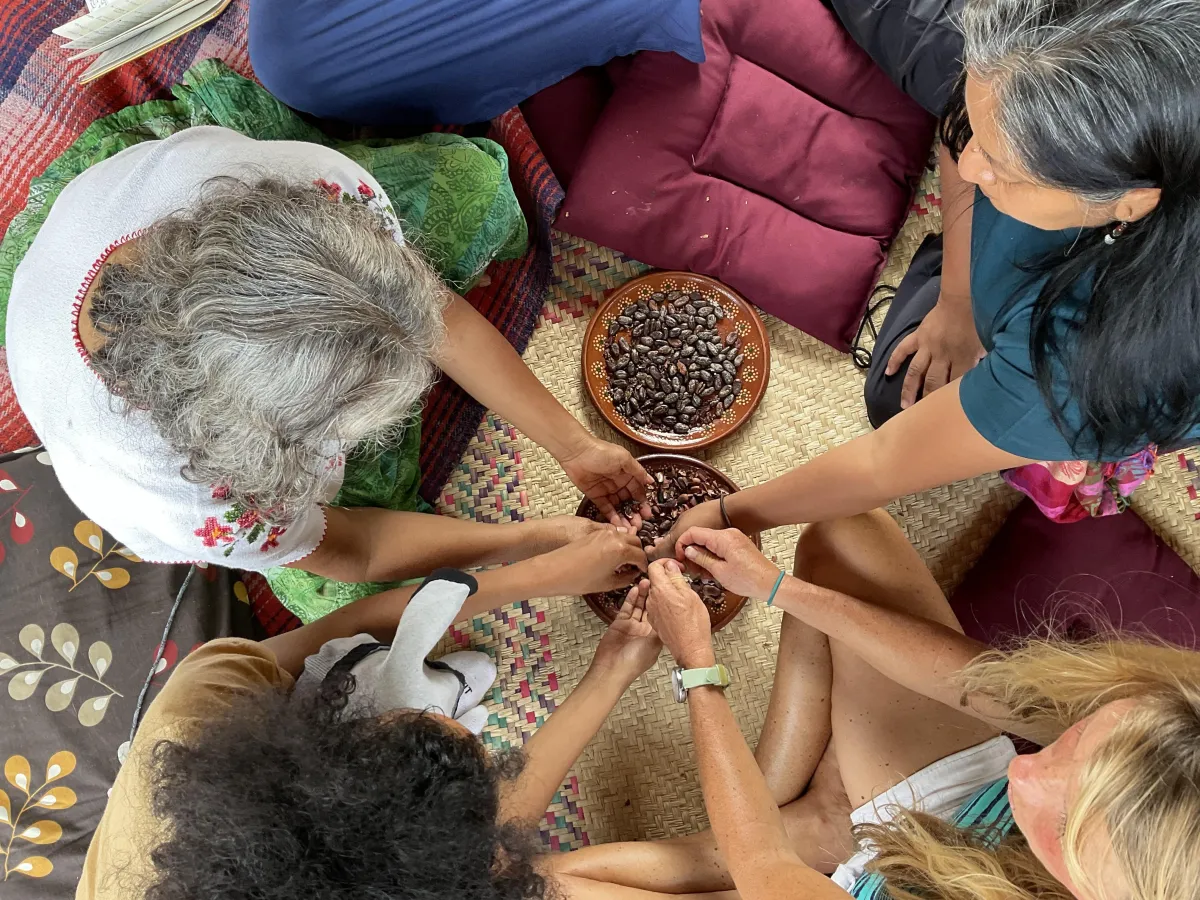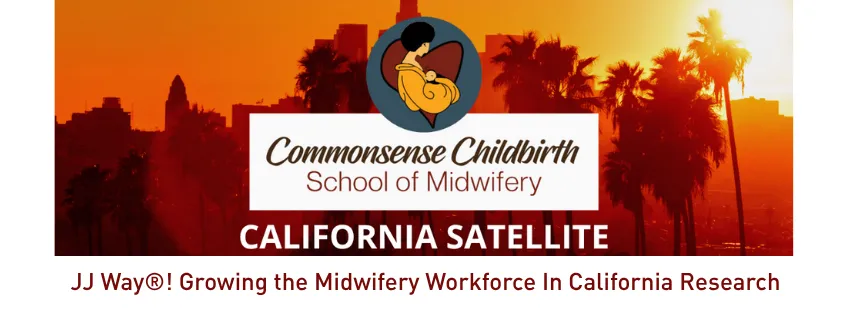Research Services
Advancing Maternal Health Systems Through Research,
Workforce Solutions and Interdisciplinary Partnerships
Why research matters?
Our perinatal research & midwifery workforce development service supports organizations, institutions, and governments in improving maternal-newborn health across the United States and Latin America using transformational midwifery education as a vehicle for birth justice. Grounded in respect for ancestral knowledge as an ethical research practice, we advance evidence-based strategies to strengthen perinatal education, equitable access to care, and sustainable midwifery workforce systems.
Our work bridges rigorous applied research with the wisdom of traditional birth practices, developing solutions that both honor cultural heritage and transform modern healthcare systems, ensuring direct improvements for birthing communities while driving institutional and policy change.
Research & Evaluation
In-depth, equity-centered studies on perinatal education, maternal health services, and midwifery workforce trends—designed with and for communities to inform immediate program improvements and long-term policy shifts. Prioritizing community-based knowledge and ancestral birth practices as both evidence and advocacy tools.


Midwifery Workforce Planning:
Gap and Strategic Analysis
Data-driven insights into workforce gaps, training needs, and retention strategies, with dedicated analysis of Indigenous and traditional midwifery pathways to ensure inclusive growth.
Transformational Workforce-Aligned Midwifery Education:
Co-Creating Curricula through
Experience and Context
Partnering with traditional midwives using a community-based participatory research approach, honoring ancestral practices, we support the development of midwifery education programs aligned with national, global, and cultural standards.

Why Choose Us?
We combine rigorous perinatal research, experiential learning, and project management with deep respect for ancestral wisdom to deliver actionable solutions that transform both practice and policy. Our unique cross-border expertise bridges clinical systems and traditional knowledge, turning evidence into real-world improvements for birthing communities. Whether you're a community-based organization, non-profit, academic institution, or government agency, we help you turn data into action and impact. Partner with us to build equitable, culturally grounded maternal health systems that work.
Current Research


